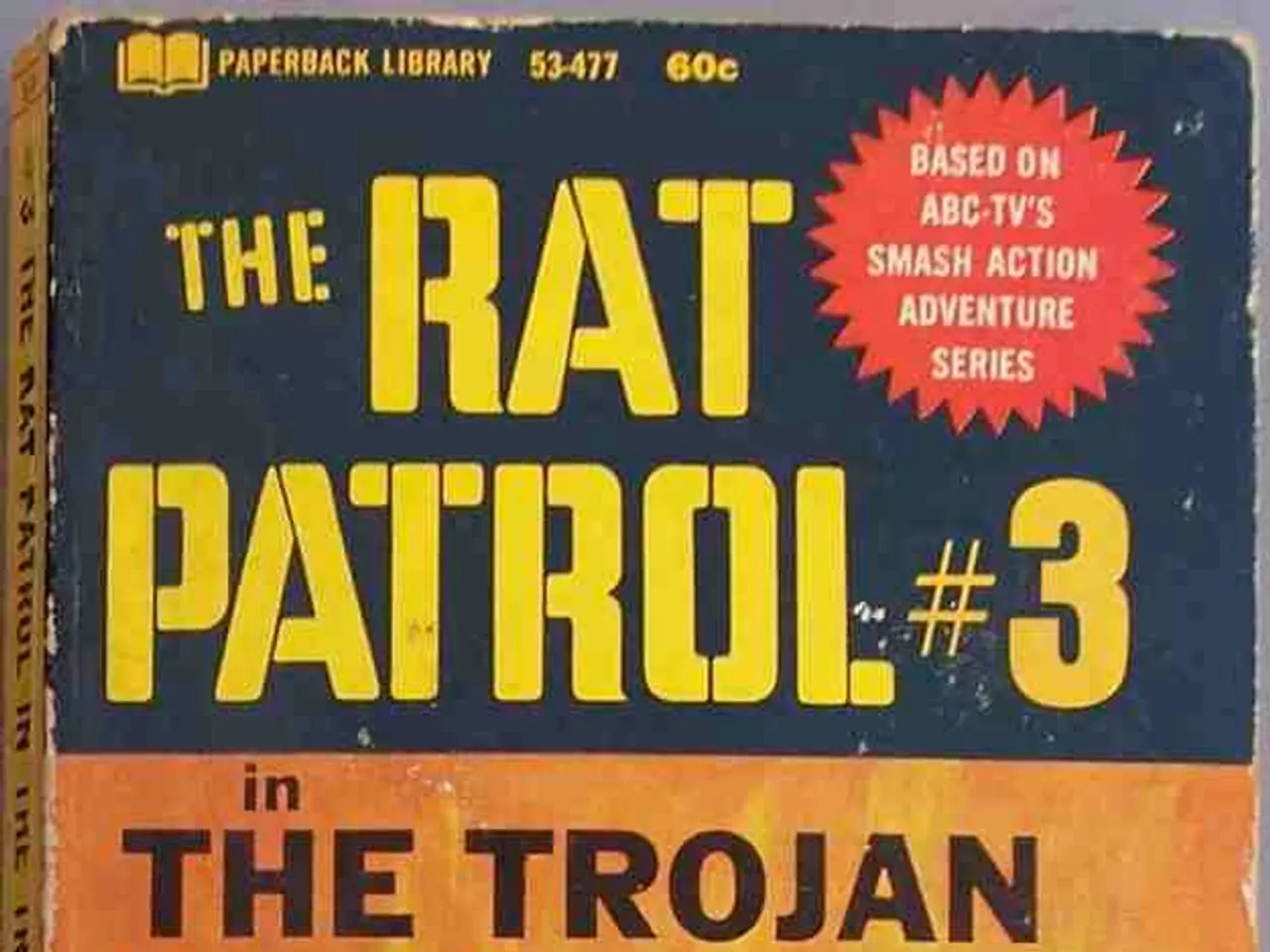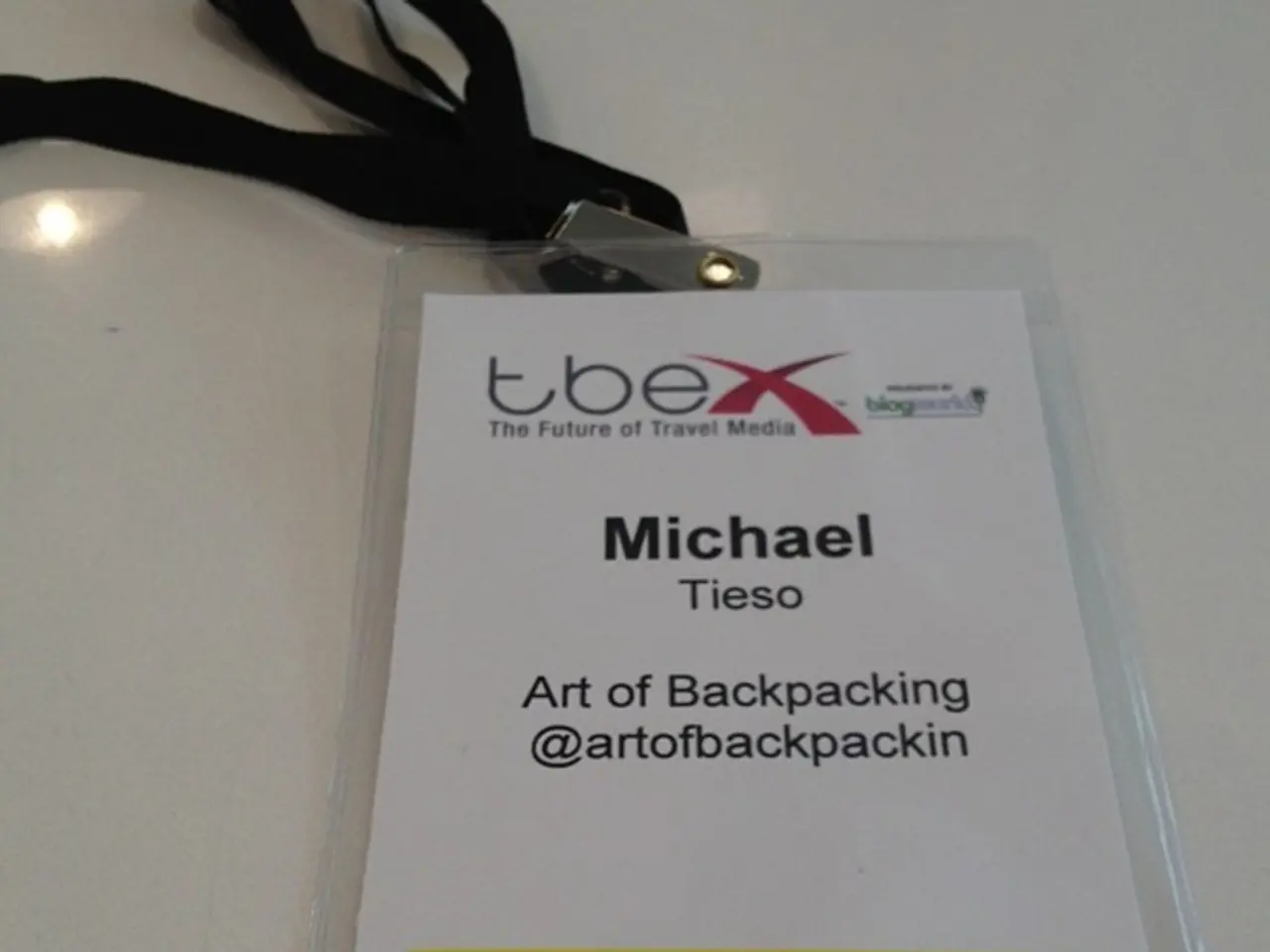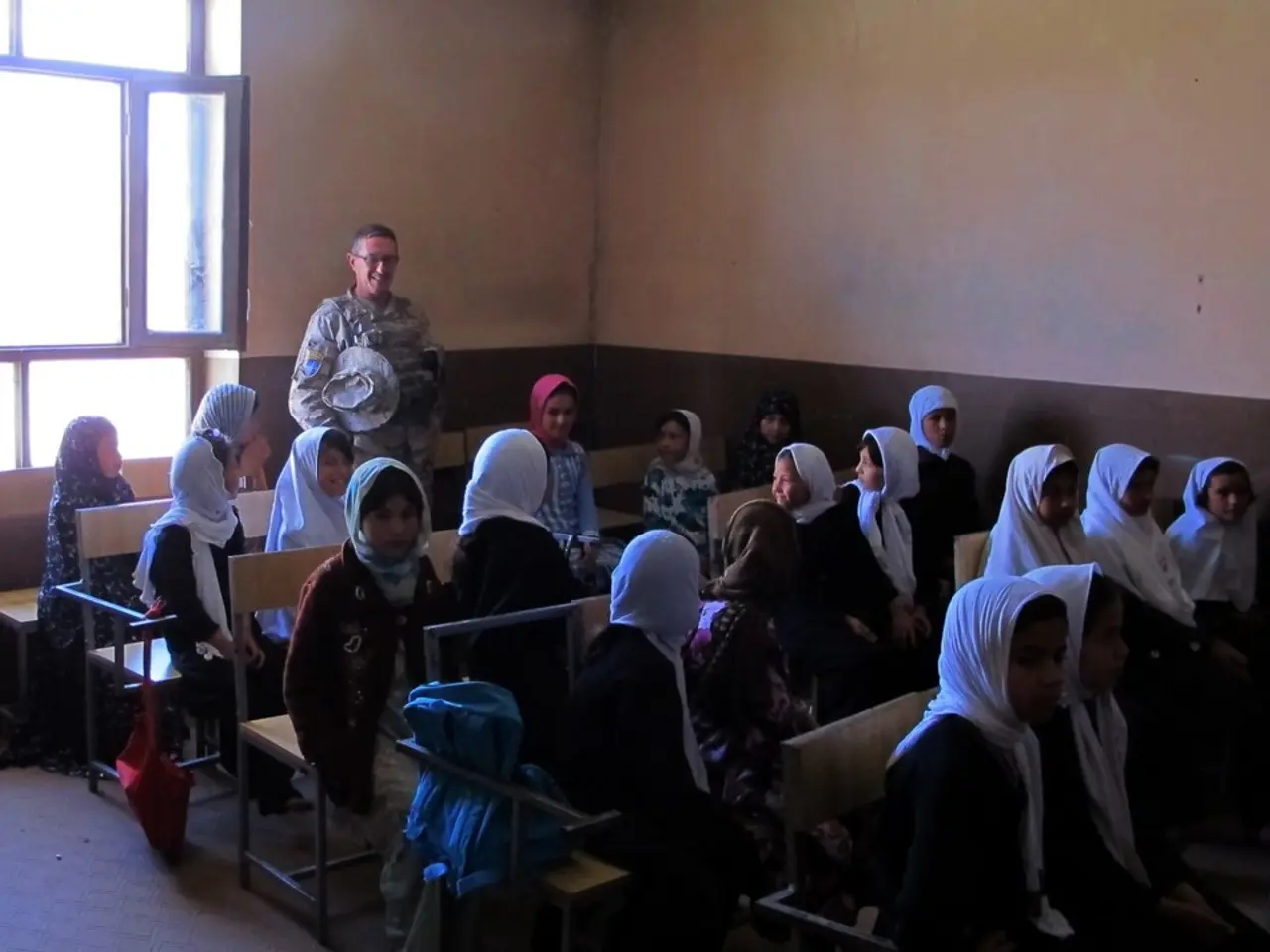Guide to Cyber and Influence Operations for Non-Specialists
Maj. Kyle J. Wolfley, a strategist at US Army Cyber Command and a research fellow at the Marine Warfighting Laboratory (MWI), has compiled a list of books that offer valuable insights into the complexities of cyber and influence operations. These titles provide a blend of strategic theory, historical context, and modern analysis.
In his list, Wolfley includes "The Art of War" by Sun Tzu, a foundational text on strategy and warfare that remains relevant in understanding competitive and conflict environments, including cyber and influence domains. Another recommendation is "Cyber War: The Next Threat to National Security and What to Do About It" by Richard A. Clarke and Robert Knake, which provides an accessible overview of cyber warfare threats and policy considerations.
Wolfley also suggests "The Influence of Air Power upon History" by Walter J. Boyne, a book that offers insights into the evolution of military influence and strategic operations, which can be extrapolated to cyber influence. "Information Warfare and Security", edited by Dorothy E. Denning, covers key concepts in information warfare, including cognitive and psychological dimensions relevant for influence operations.
One of the most intriguing recommendations is "Active Measures: The Secret History of Disinformation and Political Warfare" by Thomas Rid. This book offers deep insight into how disinformation and political warfare have been used historically, directly applicable to influence operations. Rid concludes in "Active Measures" that active measures, whether delivered through megaphones, pamphlets, or social media, will frustrate attempts to evaluate their effectiveness.
Other notable recommendations include Ben Buchanan's "The Hacker and the State", which offers insights into the minds of hackers and defenders in the persistent fight over networks and cables. Buchanan's central premise is that cyberspace operations are far more effective in collecting intelligence and setting the conditions to support other activities than as signals of capability to modify an adversary's behavior.
Jonathan Gottschall's "The Storytelling Animal: How Stories Make Us Human" argues that narratives are a key to understanding how compelling stories change our minds. Gottschall's book reveals the power of mixing fact and emotion to drive human behavior, and suggests that policymakers and leaders should take storytelling as influence more seriously.
Orson Scott Card's novel, "Ender's Game", highlights the role of information in competition and combat, and reveals how maneuver commanders could integrate cyber-enabled influence into operations to shape the battlefield by reducing an enemy's cohesion.
Wolfley's views expressed in this article do not reflect the official position of the United States Military Academy, Department of the Army, or Department of Defense. Defense officials and military leaders need a basic grasp on the principles of cyber and influence operations, from competition to conflict. A recent report on military cyberspace operations, authored by Microsoft, declared that Russia's invasion of Ukraine demonstrates cyber influence operations integrated with traditional cyberattacks and kinetic military operations.
For a more tailored or updated list directly from Kyle Wolfley’s recent publications or talks, checking Marine Warfighting Institute resources or his professional profiles might help. The image credit for this article is given to Christoph Scholz.
- Maj. Kyle J. Wolfley recommends "The Art of War" by Sun Tzu, a timeless book on strategy and warfare that remains relevant in today's competitive and conflict environments, including cyber and influence domains.
- Another book suggested by Wolfley is "Cyber War: The Next Threat to National Security and What to Do About It" by Richard A. Clarke and Robert Knake, offering an accessible overview of cyber warfare threats and policy considerations.
- Wolfley's list includes "Information Warfare and Security", edited by Dorothy E. Denning, which covers key concepts in information warfare, including cognitive and psychological dimensions relevant for influence operations.
- Thomas Rid's book, "Active Measures: The Secret History of Disinformation and Political Warfare", offers deep insights into historically used disinformation and political warfare, directly applicable to influence operations.
- Ben Buchanan's book, "The Hacker and the State", provides insights into the minds of hackers and defenders in the ongoing fight over networks and cables, highlighting the importance of cyberspace operations in collecting intelligence and setting up conditions for other activities.




